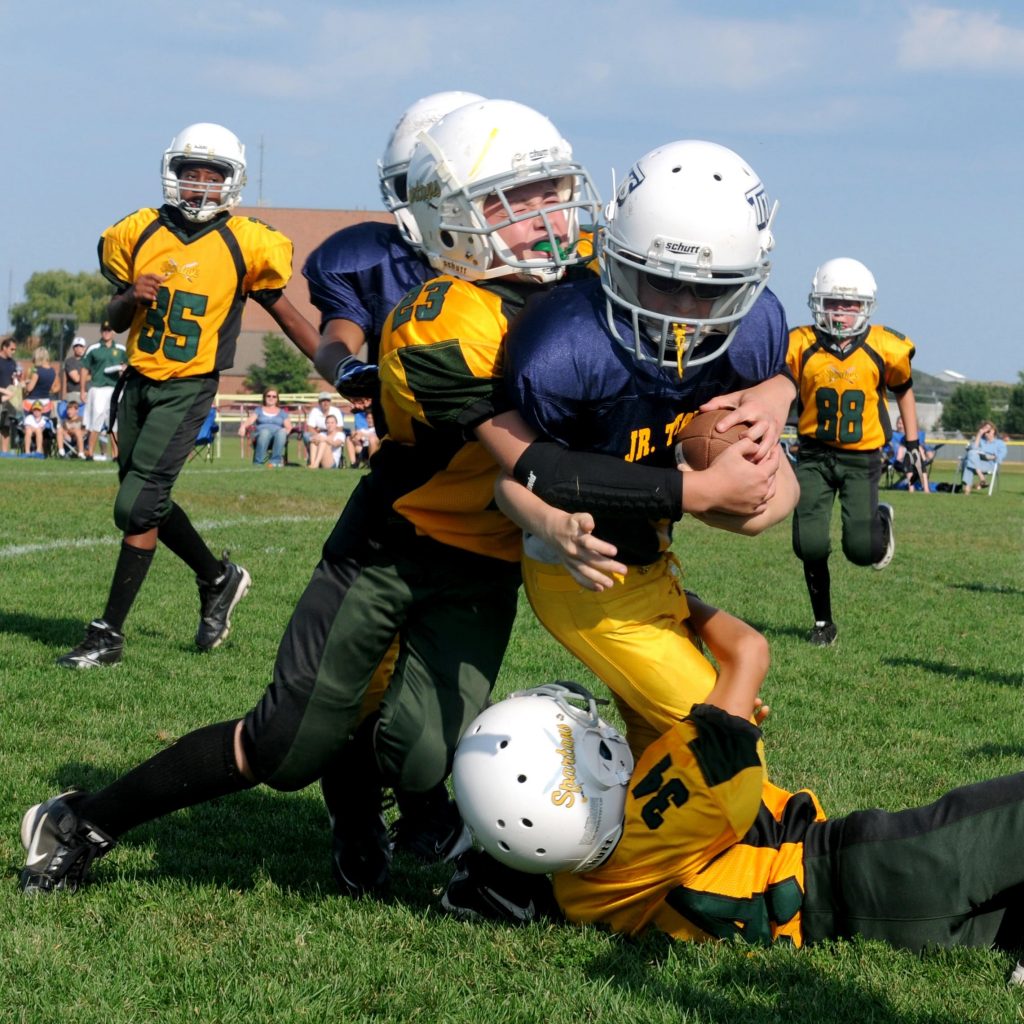Back to school means back to sports, and often that includes an increased risk of injury. Some sports are more prone to injury than others; high contact sports such as football, hockey, and soccer tend to produce more injuries. Generally, the more intense the activity, the greater the risk of injury.
Even though athletes may train or workout throughout the summer, they should still take precaution as they begin practice. Proper knowledge and good habits can help young athletes avoid injuries, including uncommon and painful testicular injury, often caused by blunt trauma.
Why Injury Occurs:
Because testicles are outside the body and are not protected by muscles and bones, it is easier for them to be struck, hit or damaged. Though severe testicular injury is fairly uncommon, an estimated 137,525 injuries were sustained between 2002 and 2010 during sports-related activities. Nearly three-quarters of which occurred in the pediatric population. The good news is that because the testicles are loosely attached to the body and are made of a spongy material, they are in most cases able to absorb most collisions without permanent damage.
How Can I Prevent Testicular Injury?
Here are some tips to keep your testicles protected and injury-free:
Know Your Risks: The first step to protecting against injury is to be aware of the risks related to your sport. Talk to your coach about any required protective equipment that may be available and to ensure you are engaging in the best safety practices.
Wear Protection: Always wear an athletic cup or athletic supporter when playing sports, whether that’s in practice or during a game. Athletic cups consist of hard plastic and are worn over the groin area. Athletic cups provide shielding and safety for the testicles. Another option is an athletic supporter, more commonly referred to as a jock strap. This is basically a cloth pouch that you wear to keep your testicles close to your body during strenuous activity. Always ensure that the athletic cup and/or athletic supporter are the right size to assure that it protects effectively.
Consult with your Physician: Never miss your annual physical, this is an opportunity to discuss any sports programs that you are participating in and review your overall health. Make sure you are ready for the increased — or new — activity. In case an injury does occur, your doctor will be prepared to discuss the best treatment options.
Treating Testicular Injury:
Depending on the severity of the injury, some testicular injury cases may be treated at home. However, severe testicular trauma, such as testicular torsion, may require treatment from a specialist. Treatment options for non-severe injury include:
- Placing an ice pack against your scrotum
- Resting and avoiding strenuous activity
- Medication to treat pain and inflammation
- Antibiotics to prevent or treat infection
If you experience pain that doesn’t subside or extreme pain that lasts longer than an hour, you may have symptoms of a more serious injury that needs to be addressed by a medical professional. If anything at all feels wrong or off, contact us immediately at (616) 392-1816 to request an appointment with one of our doctors.


